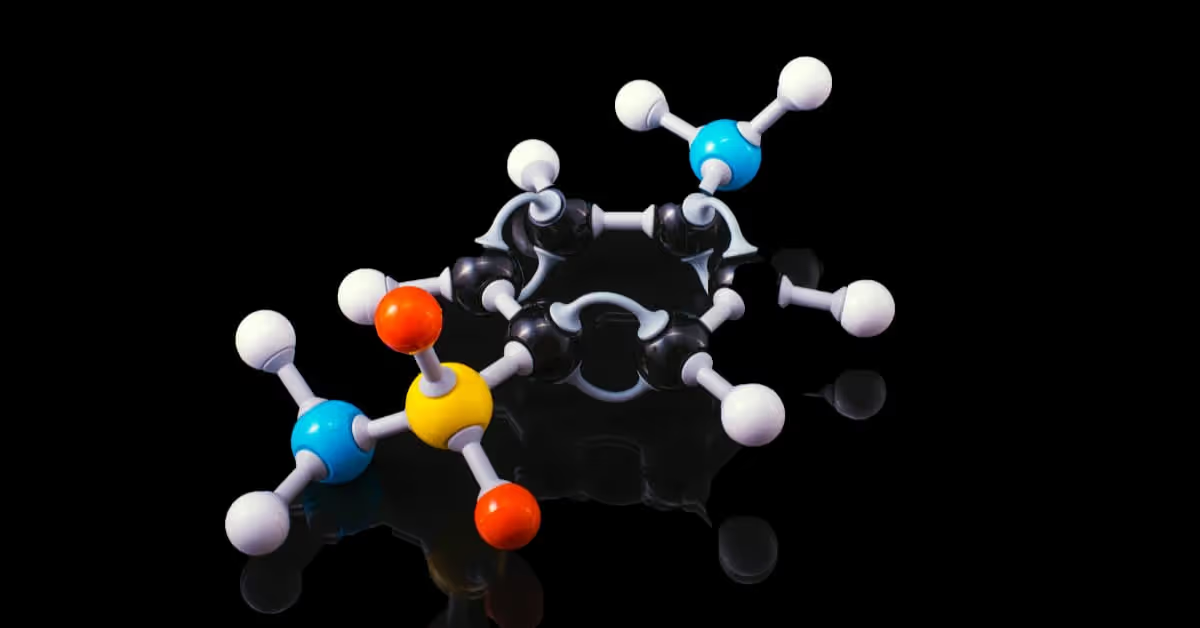Hydrogen electrolysis is an increasingly important topic in the realm of renewable energy and clean technology. As the world shifts away from fossil fuels, hydrogen has emerged as a promising alternative energy source. In this article, we will delve into the fundamentals of hydrogen electrolysis, its various methods, applications, advantages, challenges, and the future outlook.
What is Hydrogen Electrolysis?
Hydrogen electrolysis is a process that generates hydrogen gas (H2) through the electrochemical splitting of water (H2O) into its constituent elements, hydrogen and oxygen. This method of hydrogen production is considered clean and sustainable, as it requires only water and electricity, which can be sourced from renewable energy.
The Electrolysis Process
There are three main types of hydrogen electrolysis: alkaline electrolysis, proton exchange membrane (PEM) electrolysis, and solid oxide electrolysis. Each method has its unique characteristics and applications.
Alkaline Electrolysis
Alkaline electrolysis is the most established and widely used method for hydrogen production through electrolysis. In this process, water is split into hydrogen and oxygen using an electrolyte solution, typically potassium hydroxide (KOH) or sodium hydroxide (NaOH). The electrolyte solution conducts electricity between two electrodes (anode and cathode), facilitating the reaction that generates hydrogen gas.
Proton Exchange Membrane (PEM) Electrolysis
PEM electrolysis, also known as polymer electrolyte membrane electrolysis, uses a solid polymer membrane as the electrolyte. This method offers several advantages over alkaline electrolysis, such as higher efficiency, smaller system size, and a faster response to changing electrical loads. However, PEM electrolysis systems are generally more expensive due to the use of precious metal catalysts, such as platinum.
Solid Oxide Electrolysis
Solid oxide electrolysis, also known as high-temperature electrolysis, utilizes a solid oxide electrolyte to facilitate the water-splitting reaction. This method operates at high temperatures (800°C to 1000°C), which increases the reaction efficiency and reduces the electricity required for the process. Solid oxide electrolysis has the potential to be highly efficient, but it is still in the research and development stage.
Factors Affecting Electrolysis Efficiency
Electrolysis efficiency is influenced by various factors, including:
- Temperature: Higher temperatures generally improve the efficiency of the electrolysis process.
- Electrolyte concentration: The concentration of the electrolyte solution affects the conductivity and overall efficiency of the process.
- Electrode materials: The choice of electrode materials impacts the efficiency and durability of the electrolysis system.
- Current density: The amount of current passing through the electrolyte influences the rate of hydrogen production and overall efficiency.
Applications of Hydrogen Electrolysis
Hydrogen produced through electrolysis has numerous applications, such as:
- Fuel cells for electricity generation in stationary, portable, and transportation applications.
- Energy storage, allowing excess electricity from renewable sources to be stored and used later.
- Industrial processes, such as ammonia and methanol production, where hydrogen is a key feedstock.
- Metal refining, including steel and aluminum production, which require hydrogen for various processes.
- Power-to-gas, where hydrogen is injected into natural gas pipelines to reduce greenhouse gas emissions and enhance energy security.
Advantages of Hydrogen Electrolysis
Some of the main benefits of hydrogen electrolysis include:
- Environmental sustainability: As a clean and renewable energy source, hydrogen electrolysis produces zero greenhouse gas emissions.
- Energy security: By utilizing locally available resources like water and renewable electricity, hydrogen electrolysis can reduce dependence on imported fossil fuels.
- Versatility: Hydrogen produced through electrolysis has a wide range of applications, from energy storage to industrial processes.
- Scalability: Electrolysis systems can be designed to fit various scales, from small residential units to large industrial installations.
Challenges and Limitations
Despite its advantages, hydrogen electrolysis faces several challenges:
- High capital costs: Electrolysis equipment, particularly PEM and solid oxide systems, can be expensive due to the use of precious metals and advanced materials.
- Energy efficiency: Although improving, the overall energy efficiency of electrolysis is lower than other methods of hydrogen production, such as steam methane reforming.
- Electrolysis infrastructure: Widespread adoption of hydrogen electrolysis requires the development of a robust infrastructure for hydrogen storage, transportation, and utilization.
- Competition with other hydrogen production methods: Electrolysis must compete with more established methods of hydrogen production, like steam methane reforming, which currently dominate the market.
The Future of Hydrogen Electrolysis
As the world increasingly embraces renewable energy sources, hydrogen electrolysis is expected to play a more significant role in the global energy landscape. Ongoing research and development efforts aim to improve the efficiency, scalability, and affordability of electrolysis technologies. Additionally, supportive policies and incentives could accelerate the deployment of electrolysis systems and the establishment of a hydrogen economy.
Conclusion
Hydrogen electrolysis presents a promising pathway for sustainable hydrogen production, with numerous applications in various sectors. While challenges remain, advancements in technology and supportive policies could lead to the widespread adoption of electrolysis, contributing to a cleaner, more sustainable energy future.











